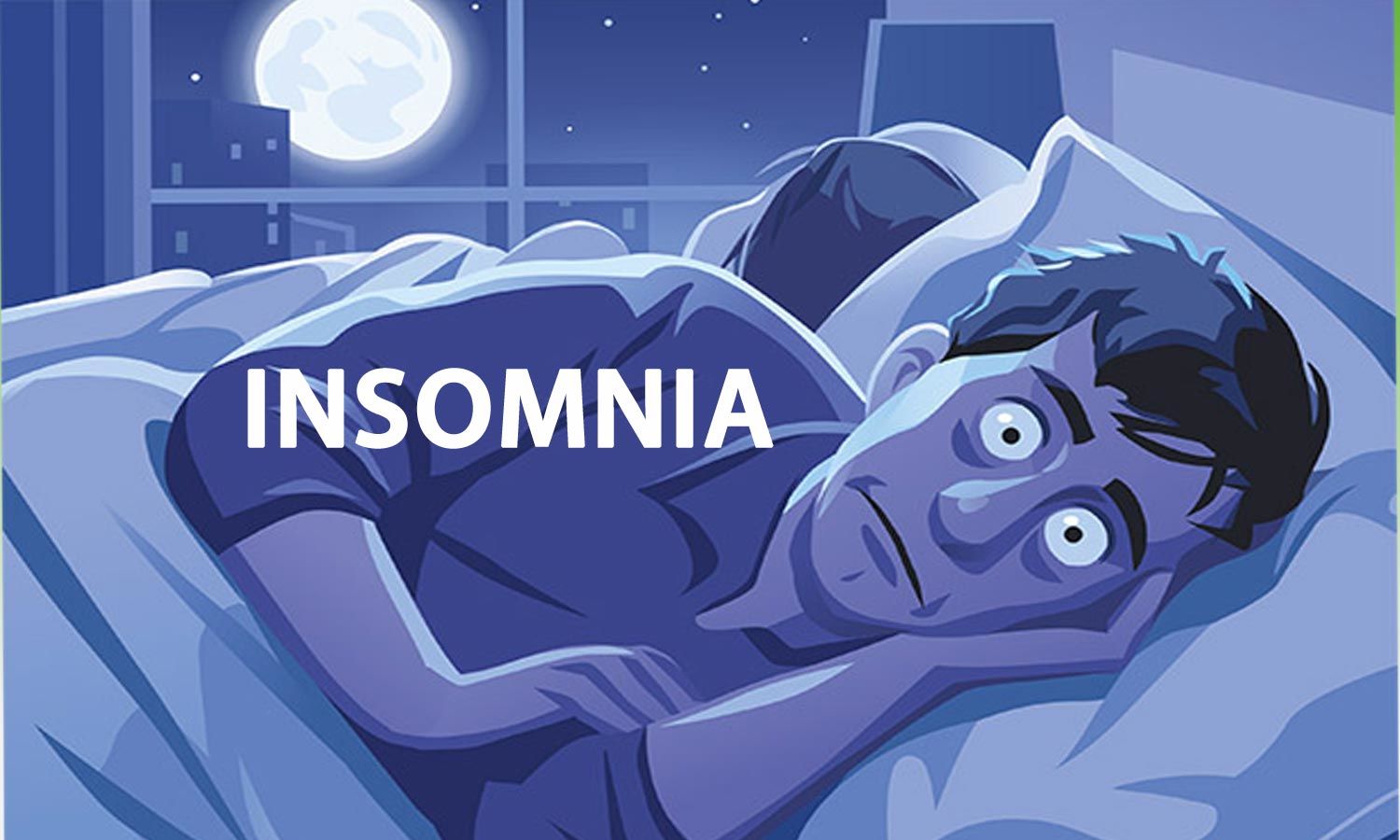- MOTIVATION
- 4 min read
Understanding Insomnia: Causes and Effective Treatments
OJC
21st Nov 2023
Understanding Insomnia: Causes and Effective Treatments
Posted by Mercie Migadde on October 28th 2023
Introduction
In a world where a good night's sleep is often elusive, insomnia stands as a common but disruptive sleep disorder affecting millions worldwide. This blog aims to provide insights into the complicated aspects of insomnia, shedding light on its causes, effects, and potential treatments to help individuals better understand and manage this common sleep disorder. Let's explore what causes insomnia, why it occurs, its impacts, and viable treatments for a restful night's sleep.
Understanding Insomnia
Insomnia is a sleep disorder characterized by difficulty falling asleep, staying asleep, or experiencing non-restorative sleep, despite having ample opportunity to sleep. It can be acute, lasting for a brief period, or chronic, persisting for several nights a week for months.
Causes of Insomnia
Several factors contribute to insomnia:
Stress and Anxiety: Overactive minds often lead to racing thoughts, making it challenging to relax and fall asleep.
Poor Sleep Habits: Irregular sleep schedules, excessive screen time before bed, and an uncomfortable sleep environment can disrupt sleep patterns.
Medical Conditions: Chronic pain, asthma, arthritis, or conditions like sleep apnea can interfere with sleep.
Mental Health Disorders: Depression, anxiety, and post-traumatic stress disorder (PTSD) are linked to sleep disturbances.
Medications: Certain medications, such as antidepressants, corticosteroids, and stimulants, can disrupt sleep.
Effects of Insomnia
The consequences of insomnia extend beyond feeling tired:
Daytime Fatigue: Reduced energy levels, difficulty concentrating, and impaired cognitive functions affect daily activities.
Mood Disturbances: Irritability, mood swings, and increased stress levels are common among those experiencing insomnia.
Impact on Health: Insomnia is associated with an increased risk of developing chronic conditions like heart disease, diabetes, and obesity.
Reduced Quality of Life: Interference with social interactions, work productivity, and overall well-being leads to a diminished quality of life.
Pros and Cons of Insomnia
While it may seem paradoxical, some argue that insomnia has certain advantages:
Pros:
Increased Creativity: Sleeplessness may sometimes lead to heightened creativity and problem-solving abilities in individuals.
Enhanced Focus: Some claim that reduced sleep helps them focus better on tasks, though this is not universally experienced.
Cons:
Health Risks: Chronic insomnia is linked to numerous health problems, including hypertension, obesity, and mental health disorders.
Impaired Performance: Sleep deprivation adversely affects cognitive functions, memory, and decision-making abilities.
Treating Insomnia
Effective treatment often involves a multifaceted approach:
Improving Sleep Hygiene: Establish a regular sleep schedule, create a relaxing bedtime routine, and maintain a comfortable sleep environment free from distractions.
Cognitive Behavioral Therapy (CBT): CBT for insomnia aims to identify and change negative thoughts and behaviors affecting sleep patterns.
Medications: In some cases, doctors may prescribe sleep aids or medications for short-term relief, though these are typically not a long-term solution.
Relaxation Techniques: Practices like meditation, deep breathing exercises, or yoga can promote relaxation and aid in better sleep.
Avoiding Stimulants: Limiting caffeine intake, avoiding heavy meals close to bedtime, and reducing screen time before sleep can improve sleep quality.
Seeking Professional Help: Consulting a sleep specialist or therapist can provide personalized strategies for managing insomnia.
Conclusion
Insomnia is a complicated sleep disorder with extensive impacts on both physical and mental health. Grasping its causes, consequences, and available treatments is essential for those seeking relief. Adopting healthy sleep practices, seeking professional help, and implementing relaxation techniques can significantly enhance sleep quality and overall well-being for those struggling with insomnia. With the knowledge gained from this blog, I hope insomnia will soon be a distant memory, replaced by peaceful and restorative sleep.